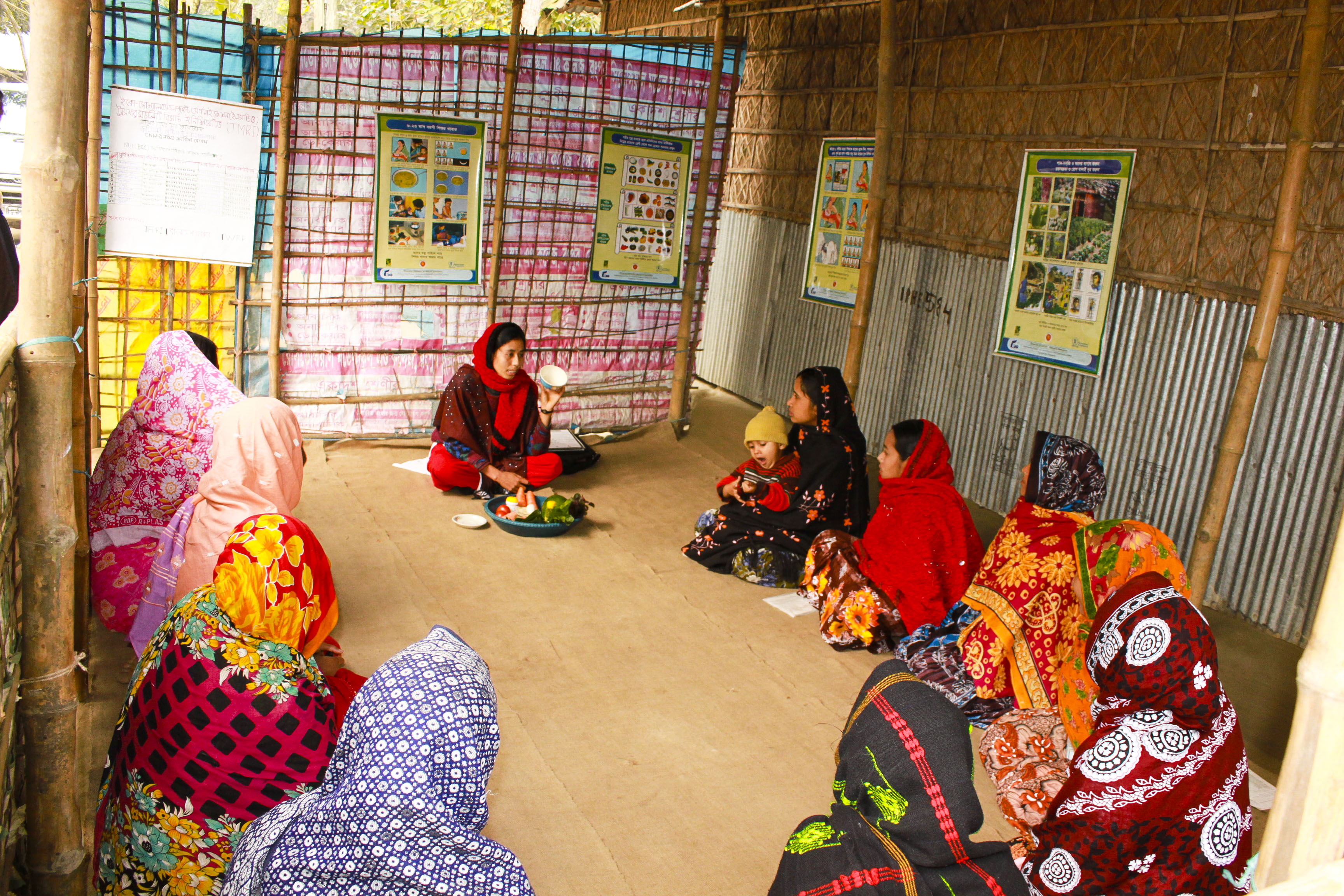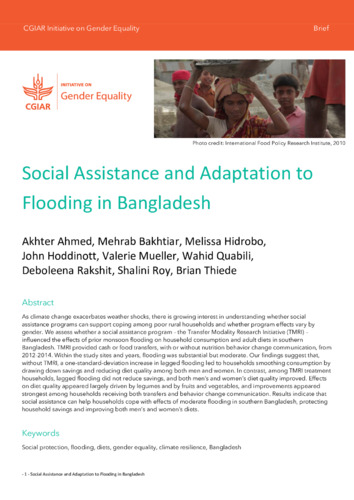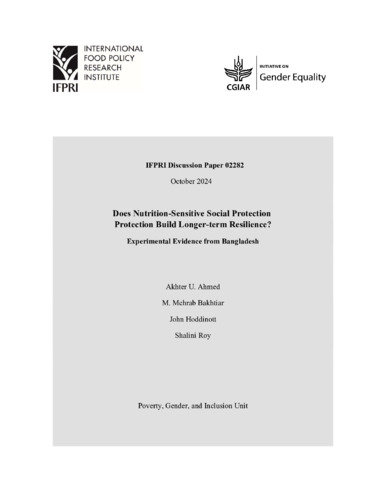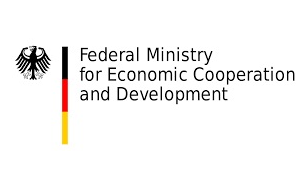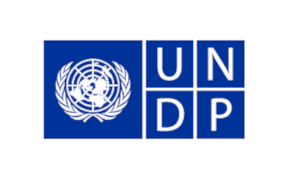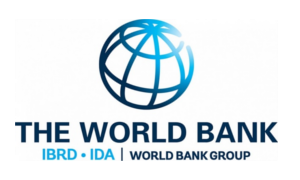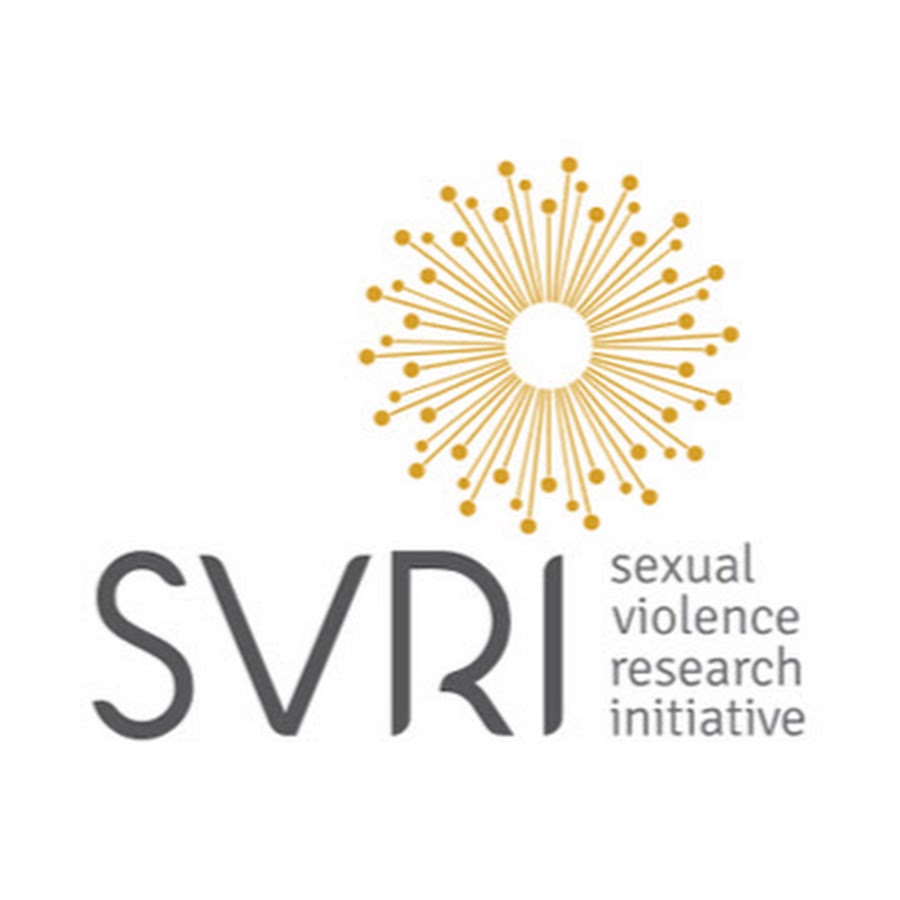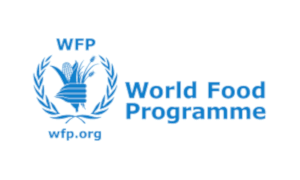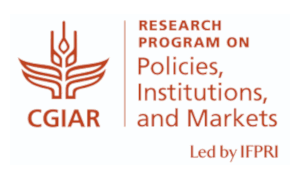From 2012 to 2014, IFPRI partnered with the World Food Programme on a two-year pilot safety net program – the Transfer Modality Research Initiative (TMRI) – to determine which transfer modalities work best for the ultra-poor in rural Bangladesh. TMRI was designed as a cluster randomized controlled trial (RCT), in which mothers of children under 2 years of age in very poor households received monthly cash or food transfers, with or without intensive nutrition behavior change communication (BCC). The BCC included group-based trainings, home visits, and community meetings. The primary objectives of TMRI were to improve household food security and child nutrition.
Findings of TMRI have been compelling. All TMRI transfer modalities significantly increased household food security, but only the combination of cash transfers with BCC led to significant improvements in child nutritional status, reflected in a significant reduction in stunting. TMRI also led to a range of additional benefits, including positive spillovers in nutrition knowledge and practices among neighbors of BCC participants, as well as sustained postprogram reductions in intimate partner violence among former recipients of transfers with BCC.
Results from TMRI have been influential in Bangladesh and beyond. TMRI’s findings motivated the Bangladesh Ministry of Women and Children Affairs to add nutrition BCC to the largest safety net program for rural women in Bangladesh, with over 1 million beneficiaries. The results also informed inclusion of nutrition BCC in programs implemented by the Ministry of Agriculture and the Ministry of Local Government, Rural Development & Cooperatives. The IPV findings have received mainstream press coverage including in Vox and NPR, as well as in the Financial Express in Bangladesh. They have also informed global guidance to policymakers on prevention of violence against women.
- Explore Transfer Modality Research Initiative (TMRI) Outputs:
- Journal Articles
-
- Roy, Shalini; Hidrobo, Melissa; Hoddinott, John F.; and Ahmed, Akhter. 2019. Transfers, behavior change communication, and intimate partner violence: Postprogram evidence from rural Bangladesh. Review of Economics and Statistics 101(5): 1-13. https://doi.org/10.1162/rest_a_00791
- Hoddinott, John F.; Ahmed, Ishita; Ahmed, Akhter; and Roy, Shalini. Behavior change communication activities improve infant and young child nutrition knowledge and practice of neighboring non-participants in a cluster-randomized trial in rural Bangladesh. PLoS ONE 12(6): e0179866. https://doi.org/10.1371/journal.pone.0179866
- Hoddinott, John F.; Ahmed, Akhter; Karachiwalla, Naureen; and Roy, Shalini. 2018. Nutrition behaviour change communication causes sustained effects on IYCN knowledge in two cluster-randomised trials in Bangladesh. Maternal & Child Nutrition 14(1): e12498. https://doi.org/10.1111/mcn.12498
- Hoddinott, John F.; Ahmed, Akhter; and Roy, Shalini. 2018. Randomized control trials demonstrate that nutrition-sensitive social protection interventions increase the use of multiple-micronutrient powders and iron supplements in rural pre-school Bangladeshi children. Public Health Nutrition 21(9): 1753-1761. https://doi.org/10.1017/S1368980017004232
- Discussion Papers
-
- Ahmed, Akhter; Hoddinott, John F.; and Roy, Shalini. 2019. Food transfers, cash transfers, behavior change communication and child nutrition: Evidence from Bangladesh. IFPRI Discussion Paper 1868. Washington, DC: International Food Policy Research Institute (IFPRI). https://doi.org/10.2499/p15738coll2.133420
- Ahmed, Akhter; Hoddinott, John F.; Roy, Shalini; and Sraboni, Esha. 2019. Transfers, nutrition programming, and economic well-being: Experimental evidence from Bangladesh. IFPRI Discussion Paper 1879. Washington, DC: International Food Policy Research Institute (IFPRI). https://doi.org/10.2499/p15738coll2.133450
- Roy, Shalini; Hidrobo, Melissa; Hoddinott, John F.; Koch, Bastien; and Ahmed, Akhter. 2019. Can transfers and behavior change communication reduce intimate partner violence four years post-program? Experimental evidence from Bangladesh. IFPRI Discussion Paper 1869. Washington, DC: International Food Policy Research Institute (IFPRI). https://doi.org/10.2499/p15738coll2.133421
- Reports
-
- Ahmed, Akhter; Hoddinott, John F.; Roy, Shalini; Sraboni, Esha; Quabili, Wahidur R.; and Margolies, Amy. 2016. Which kinds of social safety net transfers work best for the ultra poor in Bangladesh? Operation and impacts of the transfer modality research initiative. Washington, DC; Dhaka, Bangladesh: International Food Policy Research Institute (IFPRI); World Food Programme. http://ebrary.ifpri.org/cdm/ref/collection/p15738coll2/id/133992
- Ahmed, Akhter U.; Sraboni, Esha and Shaba, Fiona K. 2014. Safety nets in Bangladesh: Which form of transfer is most beneficial?: Operation performance of the transfer modality research initiative. Washington, D.C.: International Food Policy Research Institute (IFPRI). http://ebrary.ifpri.org/cdm/ref/collection/p15738coll2/id/128939
- Blogs
-
- Ahmed, Akhter; Ahmed, Ishita; Hoddinott, John; Hidrobo, Melissa; and Roy, Shalini. 2019. Opinion: Measuring the unintended benefits of a development program. Devex. Published online on February 8, 2019.
- Roy, Shalini; Hidrobo, Melissa; and Aggarwal, Smita. 2017. Cash or food transfers paired with behavior change communication can reduce intimate partner violence even after transfers end. Sexual Violence Research Initiative (SVRI). Published online on December 7, 2017.
- News
-
- Nutrition education can have positive impact on social safety programmes (Daily Star, May 27, 2015)
- Govt plans expansion of social safety net (Daily Observer, May 27, 2015)
- Cash transfers prove effective in reducing violence against women: IFPRI study (Financial Express, November 5, 2018)
- Can A Woman’s Rising Social Status Bring Down Rates Of Domestic Violence? (NPR Goats and Soda, November 12, 2018)
- How a $50-a-year nutrition program cut domestic violence in Bangladesh (Vox, November 12, 2018)




